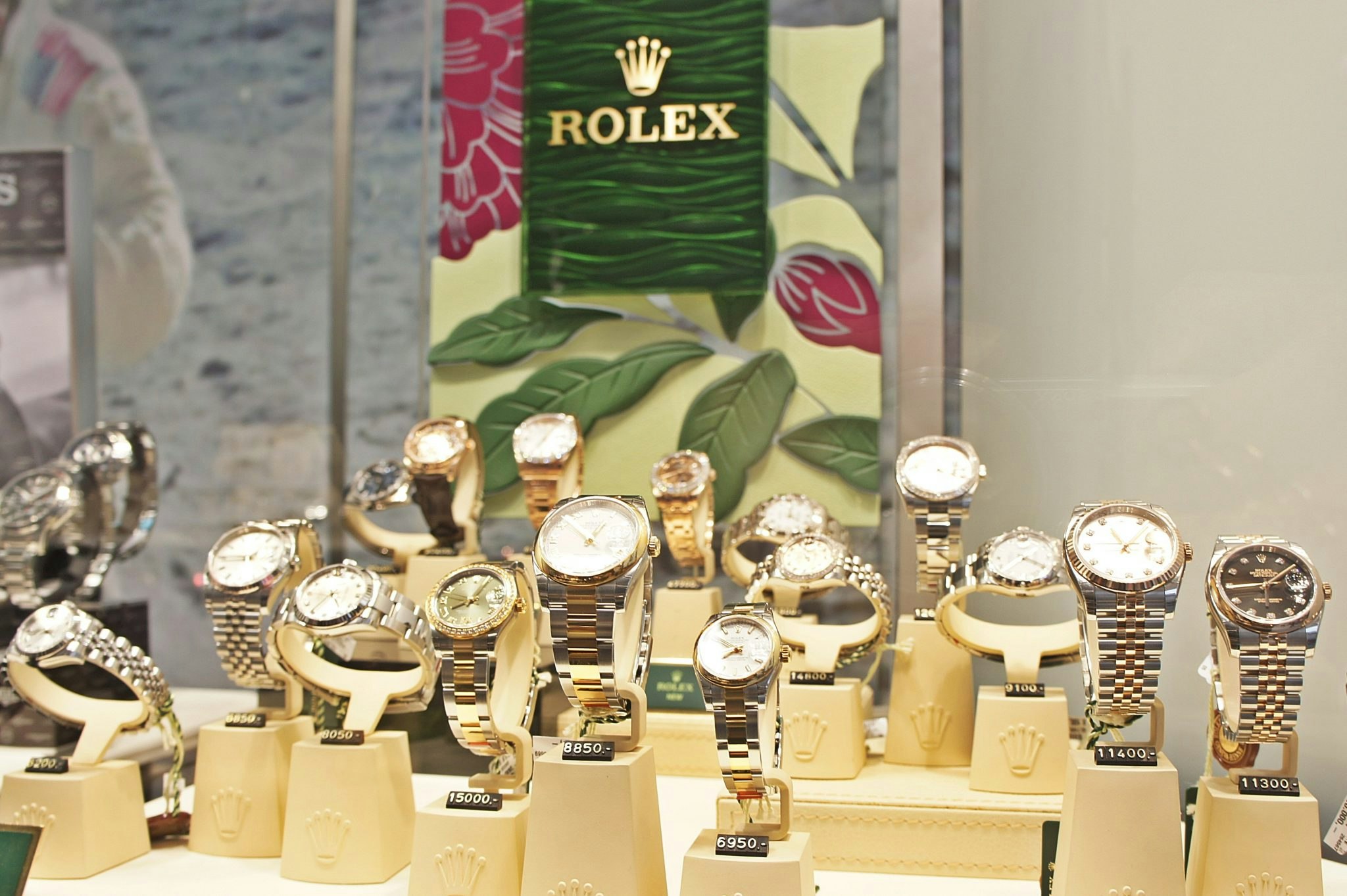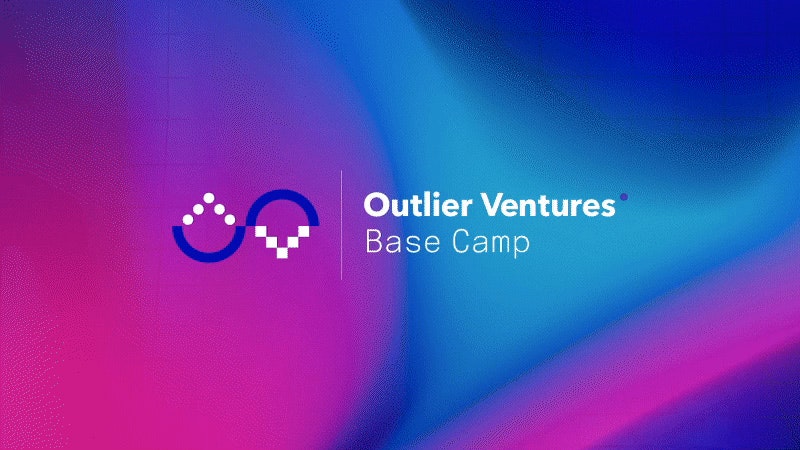A Rolex, stolen in the night from a Paris penthouse, turns up on the market in Shanghai. The would-be buyer searches the watch’s serial number on their phone and sees a registered owner half-way around the world. Fraud is prevented, criminals caught, and the rightful owner vindicated. All thanks to blockchain.
This, at least, is how it is supposed to work. Reality is more complicated.
Several European start-ups are vying with big industry players to provide the blockchain tech that could make a tale like this one possible in the near future. Academics estimate that sales of fake and pirated goods amount to half a trillion dollars every year, 2.5% of global imports, and cost global governments $77bn in lost taxes. Blockchain-based apps would try to battle this black market by showing the origin and ownership history of high-end products.
“It’s like the passport of the product. It proves that it’s yours, it’s authentic, and you can transfer it to anyone you want,” says Luc Jodet, co-founder of Arianee, a Paris-based startup working on one such system.
This technology has attracted attention in the luxury industry, which is keen to tackle the problem of fakes, says Bernstein analyst Luca Solca. He thinks the biggest challenge to making it work in practice will be “defining an industry standard so that consumers will not be asked to use ten different ways to check on their products.”
Jodet says his start-up has been working with several of the ‘top five’ luxury groups in hopes of becoming the default platform for the industry (he wouldn’t say which companies, but Arianee’s website lists executives from LVMH, Kering, and Richemont — three of the top five — as “advisors”).
“The way you get the protocol off the ground is to get a critical mass of the brands”, says Jodet.
Those ambitions took a serious blow last month when crypto news website Coindesk reported that LVMH subsidiary Louis Vuitton is developing its own blockchain platform — called Aura.
Details are few since LVMH hasn’t commented on the story. But a possible in-house blockchain offering from a major luxury group raises the prospect of a turf war between platforms backed by different brands.
Whichever platforms eventually win favour in the industry will face other hurdles too.
One question is how much consumers care about the authenticity of the products they buy. Martin Eisend, professor of marketing at the European University Viadrina, says most counterfeit consumer actually know they are buying fakes.
“People who buy counterfeit luxury brands — most of the time — want to have the real brand, but they can’t afford it or they see the price as out of proportion,” said Eisend, who analysed 98 independent studies of counterfeit consumers’ behaviour.
He said he doesn’t think blockchain-based apps that show ownership history “would deter people from willingly purchasing counterfeit products.”
That could leave a large slice of the counterfeit market untouched.
Emmanuelle Collet, head of marketing at Arianee, says these consumers aren’t their target.

“Arianee brings light mainly on the second-hand market where buyers are looking for genuine products but a lot of theft and embezzlement are operating,” she says.
For those buyers and collectors who carefully vet their purchases, another worry will be how they can trust that the product in front of them is the same item whose history is inscribed in the blockchain.
Blockchain is touted as a solution for authenticity because entries in the data structure are reputed to be impossible to change.
But using a blockchain to authenticate a product means that those data points have to be linked to a physical object. Most likely, then, the weakest link is not the blockchain itself but whatever sticker or serial number connects the blockchain entry to the real-world item.
Arianee’s Luc Jodet acknowledges that bad guys will sometimes be able to tamper with the mechanism that connects a blockchain entry with a luxury product. “The truth is that no matter how many technologies we look at — and the luxury industry knows this quite well — there is no perfect solution for that,” he says.
Still, he believes that the advent of blockchain systems for tracking products will cut down on counterfeiting and leave the luxury industry — and consumers — better off.


